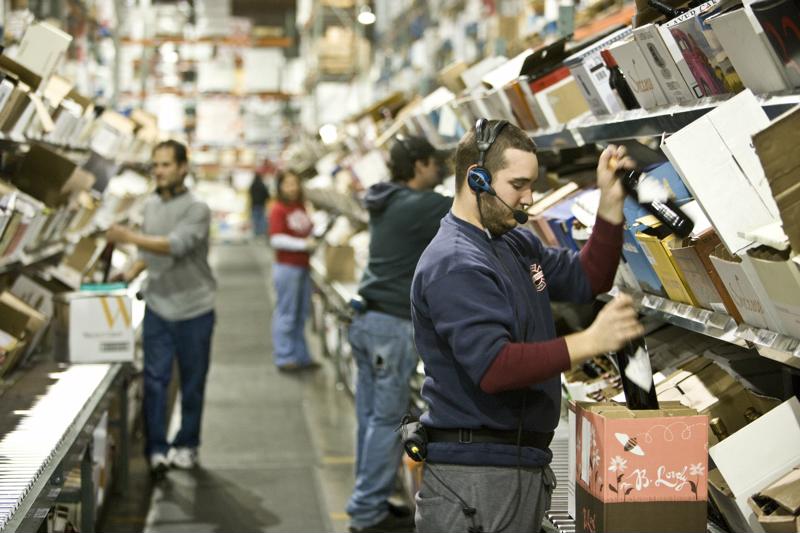In recent years, the number of flexible tech options that allowed companies at every point in the supply chain to get a better handle on their operations has proliferated. Innovation in the sector is now to the point that just about every business - at every step of the supply chain - has at least some sort of technology in place to monitor how efficient they are. The question many in the industry may have, then, is what comes next?
As recently as a decade ago, most companies' reliance on tech was relatively siloed off - they could see what they were doing on their end, but not what the businesses shipping to them, or those receiving shipments from them, were doing, QAD DynaSys global product manager Shaun Phillips recently told Supply Chain Brain. Now, there is more integration between companies at every step of the supply chain so the old metaphor of "one hand not knowing what the other is doing" no longer applies. That, in turn, enables far greater efficiency, and has firms striving for even more transparency from the beginning of the chain to the very end.
One area where this kind of integration between supply chain partners could spur significant innovation in the years ahead is where artificial intelligence is concerned, Phillips noted. When AI systems are able to get a look at the data all these businesses are producing, they may be able to identify inefficiency that's not necessarily visible to human interpreters, and make suggestions or decisions to iron out those kinks in short order.

Of course, for AI systems to make the best possible decisions, there likely needs to be even more buy-in from businesses in the supply chain, according to Supply Chain Dive. After all, those platforms can only make the most informed decisions based on the data available, and if the information isn't being collected properly or doesn't paint a complete picture, the decisions AI makes about improving efficiency won't be as good as they reasonably could be.
Experts say there's no reason most large- and medium-scale logistics operations shouldn't at least adopt RFID tracking for many of their daily functions, the report said. The cost of that technology has come down so far that it's eminently affordable and, while it may not provide the keenest insight into every facet of operations, something is far better than nothing.
A global vision
The more that can be done to implement smarter data tracking across the entire international supply chain - so that an item can be tracked from a factory in China to a retailer in Kansas with absolute precision - the better off all involved are likely to be, according to First Post. That kind of effort could even include giving consumers a better understanding of where the items they purchase come from, as well as providing assurances about their authenticity.
With all this in mind, companies that haven't yet made a step toward broader adoption of tracking technology - or which are not integrated with partners - would be wise to make this leap sooner than later.



Post A Comment:
0 comments so far,add yours